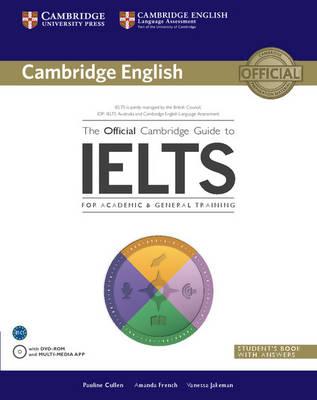BY The Arsonists
Now:
AED 79.00 Inclusive of VAT
 Free Delivery
Free Delivery
Get it by 8 - 13 Feb

Earn 5% cashback with the Mashreq noon Credit Card. Apply now




1
Free delivery on Lockers & Pickup Points
Learn more
Enjoy hassle free returns with this offer.

Item as Described
70%
Partner Since
7+ YearsSpecifications
| Publisher | Methuen Drama |
| ISBN 13 | 9781408103937 |
| ISBN 10 | 1408103931 |
| Author | Alistair Beaton |
| Language | English |
| Book Description | Fires are becoming something of a problem. But Biedermann has it all under control. He's a respected member of the community with a loving wife and a flourishing business, so surely nothing can get to him. The great philanthropist is happy to meet his civic duty by giving shelter to two new guests but when they start filling his attic with petrol drums, will he help them light the fuse? Max Frisch's parable about appeasement is given its first major UK revival since its Royal Court premiere in 1961, which was directed by Lindsay Anderson. The play is published as a programme text for the production that runs from 1 November - 15 December on the main stage at the Royal Court. |
| About the Author | Alistair Beaton's plays include Feelgood (West End) and Follow My Leader (Birmingham). He translated and dramatised Gogol's The Nose for Martin Duncan at Nottingham Playhouse. He has recently published a novel, A Planet for the President.Max Frisch (1911-1991) was a playwright and novelist who, together with his Swiss compatriot Dürrenmatt, is considered one of the most important postwar playwrights writing in German. Frisch originally studied philology and art at university, before abandoning his studies to become a journalist. After serving in the Swiss army during the Second World War, he took up architecture and pursued this profession until the 1950s, when he became a full-time writer. Frisch had written his first play at the age of 16, but having rejected his early work, it was not until 1944 that he returned to writing plays, with Santa Cruz. His second play, Now They Are Singing Again (1945), took its inspiration from Brecht, dealing as it does with the moral responsibility for war. This Brechtian theme was continued in his next two plays, The Chinese Wall (1946) and When the War Was Over (1949). With the romantic comedy Don Juan, or the Love of Geometry (1953) Frisch offers a new interpretation of the mythical character of the Great Lover. As a result of his increasing disenchantment with what he considered Swiss complacency in the face of mounting totalitarianism and fascism, Frisch wrote two of his most important plays. Biedermann und die Brandstifter (The Fire-raisers, written in 1958 as a radio play), satirizes the moral lethargy of the self-satisfied middle classes. This powerful play was seen in London at the Royal Court Theatre in 1961, and in New York (as The Firebugs) in 1963. It was closely followed by Andorra (1961), his most disturbing and controversial play, in which Frisch exposed and explored antisemitism. Frisch's blending of fantasy with brutal reality owes much to the work of Brecht and Thornton Wilder, both of whom influenced the playwright in his early years. His later plays, like Biography (1968) and Triptych (1979), continue to use the device of the modern morality play as a means of exploring the place of humanity in a difficult world. |
| Publication Date | 1 November 2007 |
| Number of Pages | 96 pages |
BY The Arsonists
Added to cart
Cart Total AED 79.00


























































































































